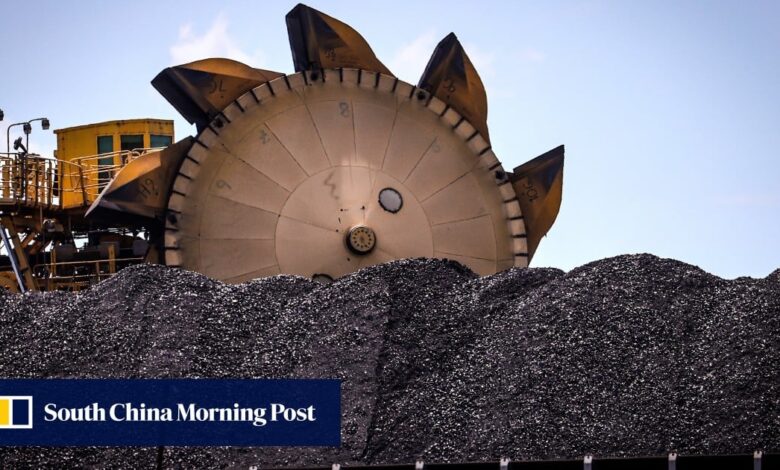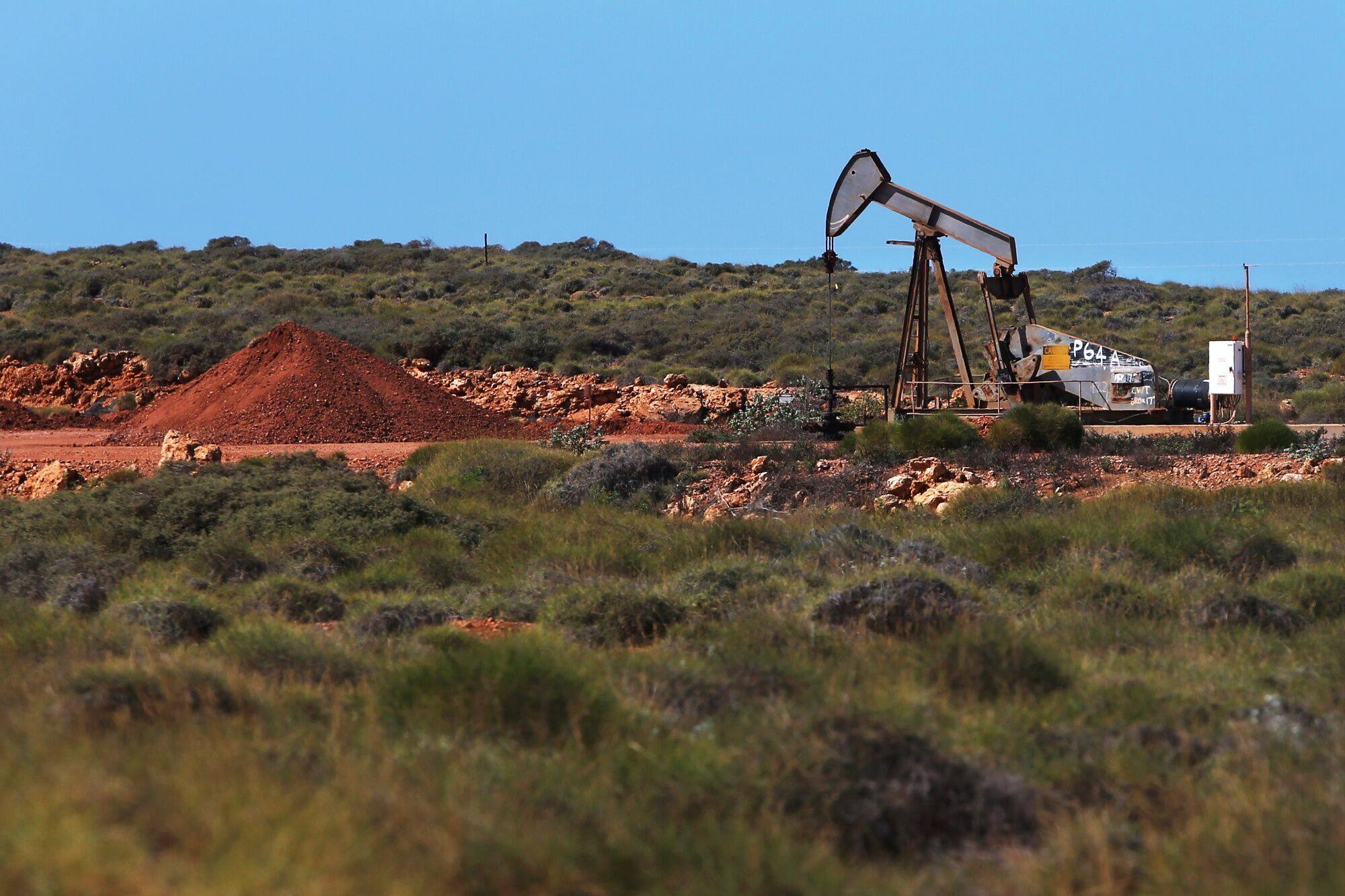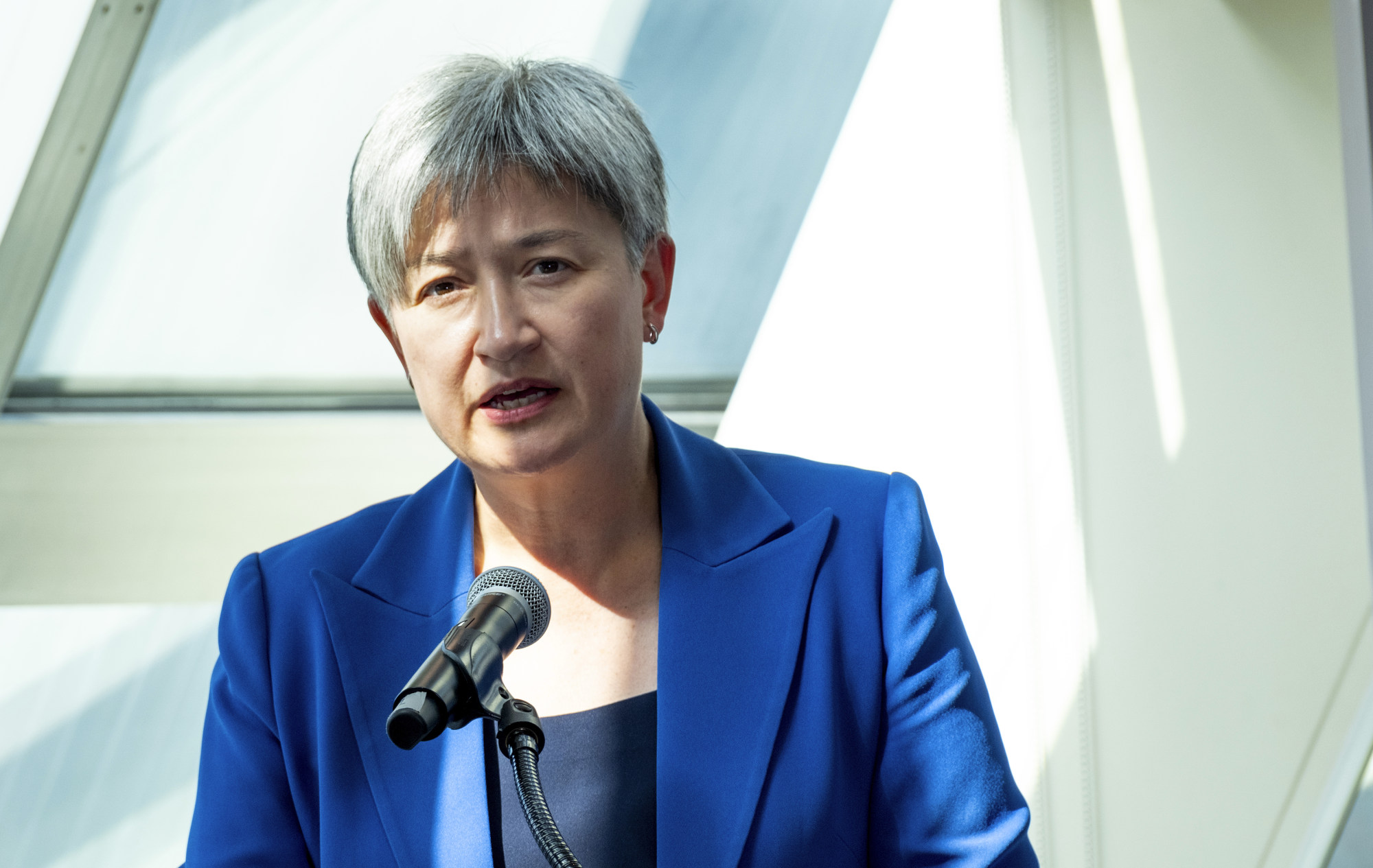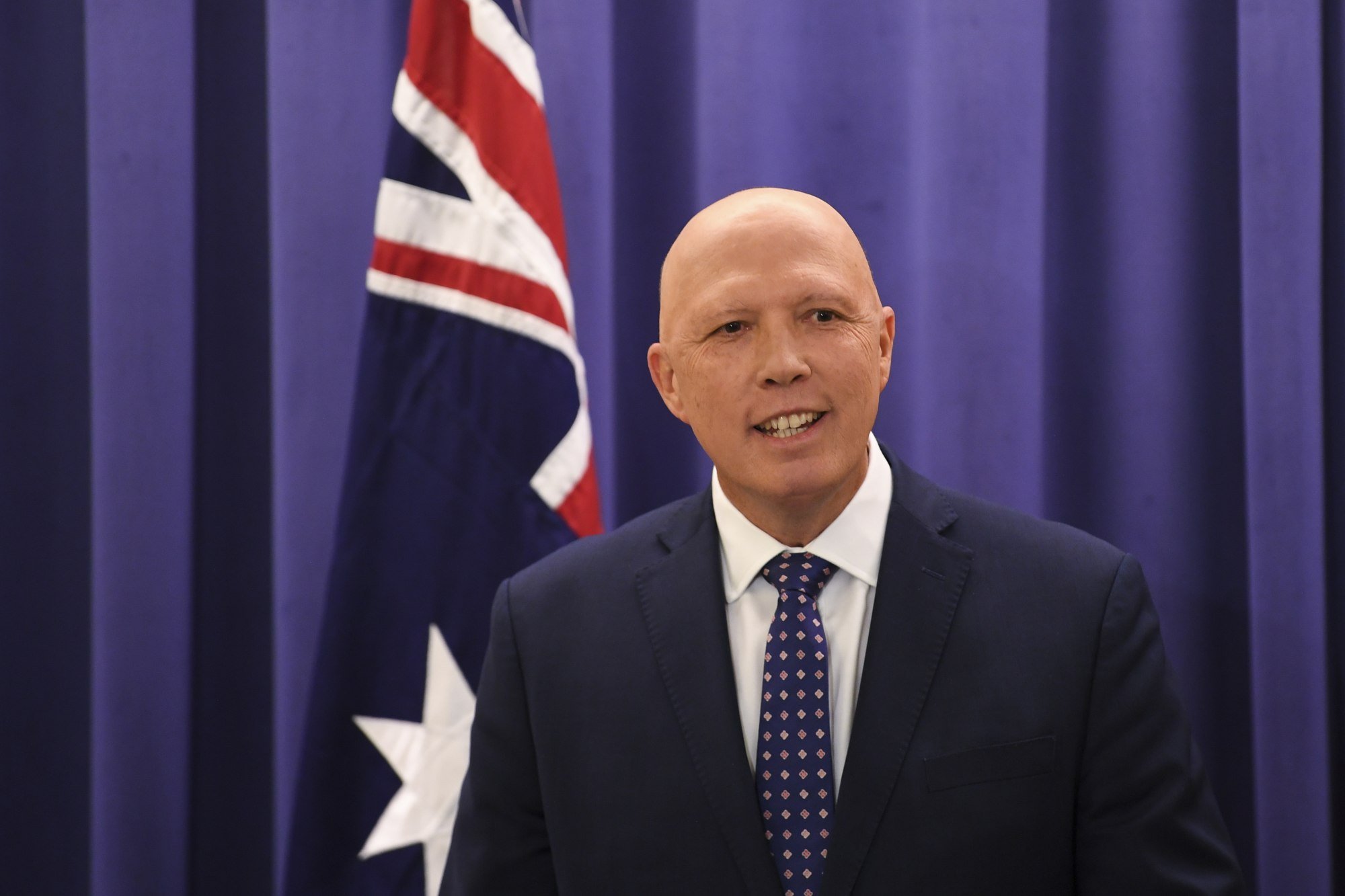Australia urged by over 200 scientists to limit new coal, gas sites: ‘offsetting tiny fraction of emissions not credible solution’

[ad_1]
In New York, Guterres in his opening speech on Tuesday called for all big emitters to work harder to cut emissions and urged wealthier countries to help emerging economies with the technology and money to do so.
The scientists’ open letter said Australia had “a special responsibility” to “stop fuelling the increase in global emissions” caused by its fossil fuel production, adding that offsetting “a tiny fraction of the total emissions … is not a credible climate solution”.

The letter said that new mines scheduled to begin in Australia before 2030 alone would add a further 1.4 billion tonnes of emissions annually by that year. Currently, it said, Australia’s mining of coal and gas results in 1.5 billion tonnes of emissions each year, around triple Britain’s annual emissions.
According to the Australia Institute, citing data from the latest Australian Government Resources and Energy Major Projects list, there are 116 new mines in the pipeline.
Australia has faced repeated criticisms internationally over its poor record on pursuing action to reduce emissions and mitigate climate change’s damaging effects.
In late 2021, at the UN’s COP26 climate talks, the Liberal Party’s Scott Morrison, Australia’s prime minister at the time, famously refused to raise 2030 emissions targets. That was despite some countries, including the United States, Canada and Japan, embracing new commitments for steeper cuts.

The new Labor government elected last year, led by Anthony Albanese, has a higher target, aiming to cut emissions by 43 per cent by 2030, but has continued to approve fossil fuel projects.
Australian Environment Minister Tanya Plibersek and two coal mining companies are facing court proceedings in a landmark case brought by the Environment Council of Central Queensland for allegedly failing to consider the climate impacts of two proposed thermal coal mines.
The non-profit body says Plibersek has a legal responsibility to prevent new fossil fuel projects from damaging key ecological sites, including the Great Barrier Reef.
Earlier this month, Australia’s Climate Council called Canberra’s approval of Queensland’s Gregory Crinum coal mine running until 2073 a “stunning hypocrisy”. The Gregory mine in the complex started in 1979, with the Crinum mine opening in 1997.

In another full-page advertisement, in the Fijian Times last month, an independent group of prominent Pacific leaders – known as the Pacific Elders’ Voice – called on Pacific island nations to delay support for Australia’s bid to host COP31 in 2026.
The group said there was no reason to support Australia, as it had ignored pleas to tackle the climate crisis and continued to pursue gas and coal projects.
In 2015 Peter Dutton, Canberra’s immigration minister at the time, was even overheard joking during a conversation with Prime Minister Tony Abbott about the plight of Pacific nations facing rising seas.
Libya floods: reporters ordered out of Derna after protests
Libya floods: reporters ordered out of Derna after protests
“If the potential host of a UN climate conference (COP) won’t rein in the fossil fuel industry, why would anyone else?” the Australia Institute’s executive director Richard Denniss said in an opinion piece last week.
Before travelling to New York, Penny Wong was in Fiji, her fourth visit since becoming foreign minister last year. She discussed climate change and announced funding for climate finance experts in eight Pacific nations.
On Wednesday, Wong was asked during a US media interview whether Australia’s climate change record was heading in the “right direction” and why the nation was “expanding coal mining”.
Eighty per cent of Australia’s power generation would be from renewable energy by 2030, she said, a “big transition in a short space of time” from the 30 per cent when her government was elected in May last year.
She also acknowledged that Australia had been “a very fossil fuel-intensive economy”.
[ad_2]
Source link




